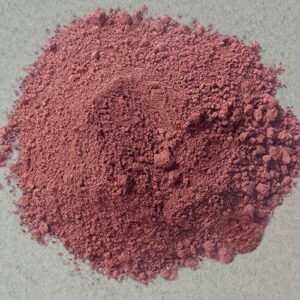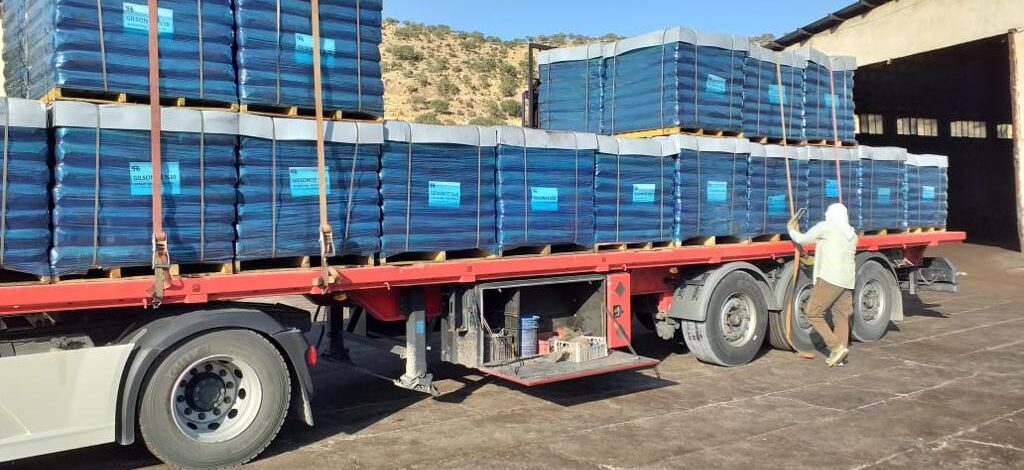A Comprehensive Market Insight
Understanding Hematite Import to Dubai
Hematite, an iron oxide mineral known for its high iron content and distinct reddish-brown hue, plays a pivotal role in various industries, especially in steel production. As Dubai continues to position itself as a global trade hub, the demand for hematite imports is steadily rising. This article explores the dynamics of hematite imports to Dubai, emphasizing key suppliers, market trends, and challenges faced by importers.

The Growing Demand for Hematite in Dubai
Dubai’s rapid urbanization and robust industrial growth are driving an increased demand for hematite. Here are some key sectors that rely on this essential mineral:
- Steel Industry: Hematite is primarily used in the production of steel, serving as a vital source of iron ore. Dubai’s ambitious infrastructure projects and real estate developments require significant quantities of steel, thereby driving the demand for high-quality hematite imports. The UAE’s focus on expanding its manufacturing capabilities further underscores this need.
- Construction Sector: In addition to steelmaking, hematite is utilized in the construction industry for its pigment properties. It is commonly found in paints, coatings, and construction materials. As Dubai continues to grow as a global architectural marvel, the demand for hematite in construction applications is on the rise.
- Manufacturing and Other Industries: Hematite also finds applications in manufacturing processes, including the production of ceramics, pigments, and even certain types of batteries. With the UAE’s growing focus on diversifying its economy, the versatile applications of hematite enhance its demand across various sectors.
https://iranmineral.net/hematite-in-battery-technology/
Key Hematite Suppliers to Dubai
Dubai imports hematite from several key producing countries known for their quality and reliability:
- Australia: Australia stands out as one of the largest exporters of hematite to Dubai. The country’s rich iron ore reserves and advanced mining technologies ensure a steady supply of high-grade hematite, which is essential for the UAE’s steel manufacturers.
- Brazil: Brazil is another significant supplier of hematite to Dubai. With vast iron ore resources and a reputation for high-quality production, Brazilian suppliers meet the increasing demands of the construction and steel industries in the UAE.
- India: India has emerged as a notable source of hematite for Dubai. Indian exporters offer competitive pricing and a range of hematite grades, catering to the diverse needs of the Dubai market.
Challenges in the Hematite Import Market
Despite the promising outlook for hematite imports to Dubai, several challenges need to be addressed:
- Regulatory Compliance: Importing hematite into Dubai requires adherence to a complex regulatory framework. Importers must stay updated on tariffs, quality standards, and customs regulations to avoid delays and additional costs.
- Quality Assurance: Ensuring the quality of imported hematite is crucial for manufacturers. Importers must implement stringent quality control measures to verify that the hematite meets the necessary specifications for use in steel production and construction.
- Logistical Considerations: The transportation of hematite can pose logistical challenges due to its bulk and weight. Efficient supply chain management is essential to ensure timely delivery while minimizing shipping costs, which can affect overall profitability.
Industrial Benefits of Hematite
Future Outlook for Hematite Imports to Dubai
The future of hematite imports to Dubai looks promising, driven by the emirate’s ongoing industrial growth and increasing demand for high-quality raw materials. As the steel, construction, and manufacturing sectors continue to expand, the need for hematite is expected to rise, creating opportunities for both domestic and international suppliers.
Additionally, advancements in mining technology and sustainable practices may further enhance the applications of hematite, boosting its demand in the Dubai market. By addressing challenges related to regulatory compliance and quality assurance, stakeholders can effectively capitalize on the growing opportunities in the hematite import sector.

